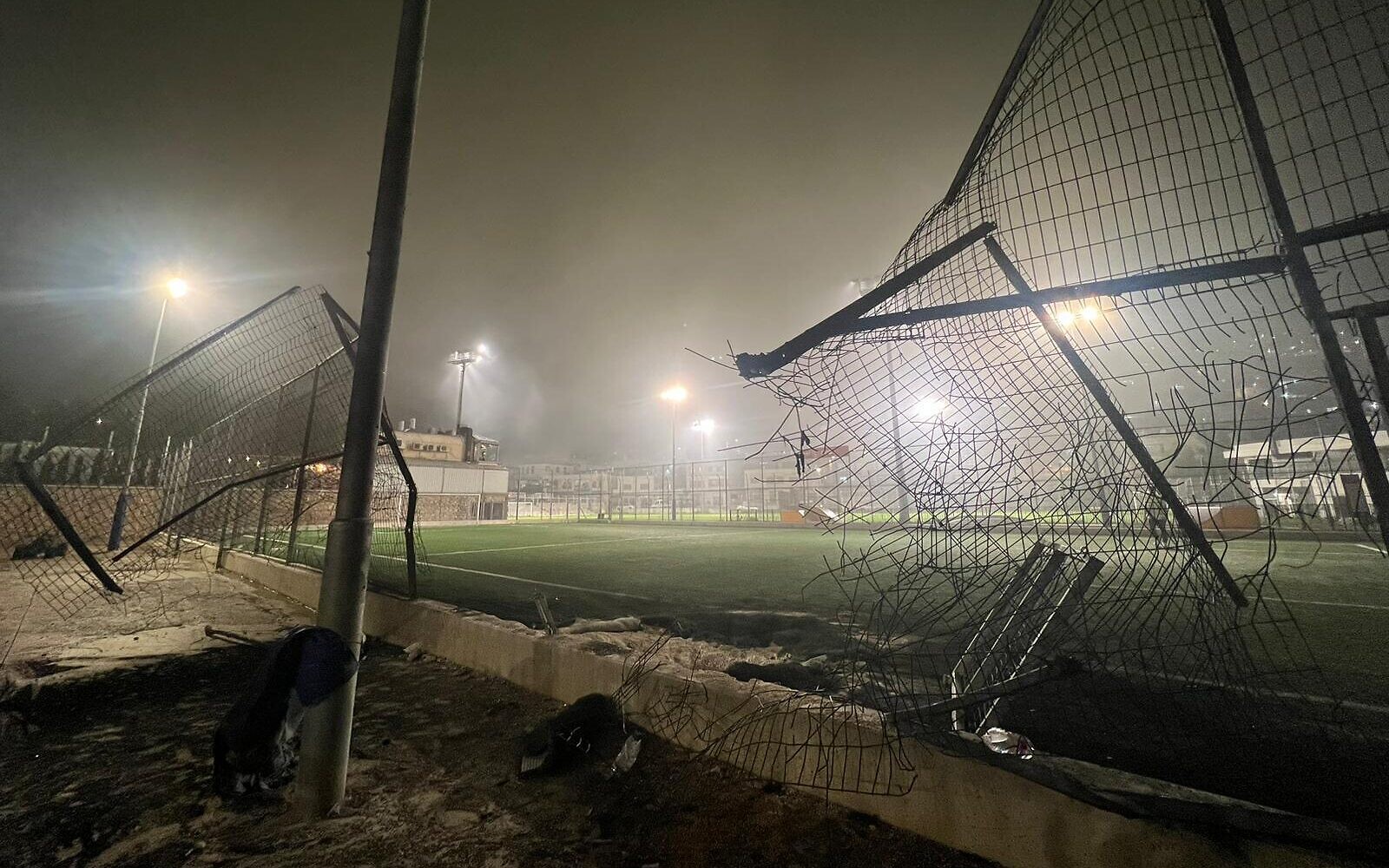
The Israeli Defense Forces (IDF) reported the drone strike on the Golan Heights, an area Israel has controlled since the 1967 Six-Day War. The attack involved multiple drones targeting the outpost with precision, according to Hezbollah's statement. This move was part of Hezbollah’s continued support for Palestinian factions amid ongoing hostilities between Israel and Hamas in Gaza.
The IDF responded swiftly, with officials emphasizing that Hezbollah would "pay a heavy price" for the aggression. This response aligns with Israel's broader strategy of maintaining security and deterrence along its borders. The conflict between Hezbollah and Israel has seen frequent escalations, particularly along the Israel-Lebanon border, where both sides have exchanged fire in a pattern of retaliatory attacks.
Israeli military sources indicated that the drone attack was significant due to its timing and precision, further complicating the already volatile security situation in the region. The IDF has enhanced its defensive measures and remains on high alert for potential further provocations from Hezbollah.
This development has garnered international attention, with analysts highlighting the risks of a broader regional conflict. The United States and other Western nations have called for restraint, urging both sides to avoid actions that could lead to an uncontrollable escalation. However, the complex web of alliances and enmities in the Middle East makes such moderation challenging.
Hezbollah's denial of responsibility for the attack adds a layer of complexity to the situation. The group, which maintains significant influence in Lebanon and receives support from Iran, has a history of both direct and proxy confrontations with Israel. Despite the denial, the IDF remains resolute in its stance, preparing for any necessary military actions to safeguard its territory and citizens.
In the wake of the attack, there have been calls within Israel for a stronger military response to deter future Hezbollah aggressions. Some Israeli officials argue that a decisive strike could curb Hezbollah's capabilities and send a clear message to other hostile actors in the region. Meanwhile, humanitarian organizations have expressed concern about the potential for civilian casualties and displacement if the conflict intensifies.
The current situation reflects the fragile state of affairs in the Middle East, where longstanding conflicts and geopolitical rivalries frequently erupt into violence. The Golan Heights, strategically important for both Israel and Syria, remains a flashpoint in the broader Arab-Israeli conflict. The region's future stability depends heavily on diplomatic efforts and the ability of international stakeholders to mediate and de-escalate tensions.
Israel’s latest warning underscores its commitment to responding decisively to threats against its sovereignty. As the situation unfolds, the international community watches closely, aware that the actions taken in the coming days could have far-reaching implications for peace and security in the Middle East.
---
This report synthesizes information from several credible sources, ensuring a balanced and comprehensive overview of the incident and its broader implications.
Topics
Politics
